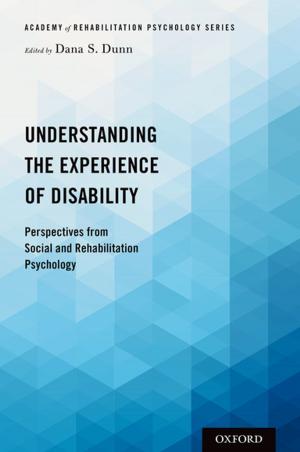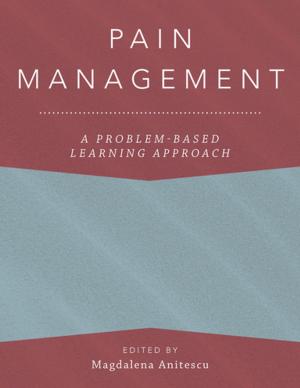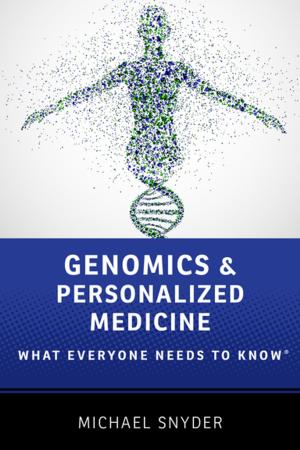Identified versus Statistical Lives
An Interdisciplinary Perspective
Nonfiction, Health & Well Being, Medical, Reference, Health Policy, Ethics, Religion & Spirituality, Philosophy, Ethics & Moral Philosophy| Author: | ISBN: | 9780190217501 | |
| Publisher: | Oxford University Press | Publication: | March 9, 2015 |
| Imprint: | Oxford University Press | Language: | English |
| Author: | |
| ISBN: | 9780190217501 |
| Publisher: | Oxford University Press |
| Publication: | March 9, 2015 |
| Imprint: | Oxford University Press |
| Language: | English |
The identified lives effect describes the fact that people demonstrate a stronger inclination to assist persons and groups identified as at high risk of great harm than those who will or already suffer similar harm, but endure unidentified. As a result of this effect, we allocate resources reactively rather than proactively, prioritizing treatment over prevention. For example, during the August 2010 gold mine cave-in in Chile, where ten to twenty million dollars was spent by the Chilean government to rescue the 33 miners trapped underground. Rather than address the many, more cost effective mine safety measures that should have been implemented, the Chilean government and international donors concentrated efforts in large-scale missions that concerned only the specific group. Such bias as illustrated through this incident raises practical and ethical questions that extend to almost every aspect of human life and politics. What can social and cognitive sciences teach us about the origin and triggers of the effect? Philosophically and ethically, is the effect a "bias" to be eliminated or is it morally justified? What implications does the effect have for health care, law, the environment and other practice domains? This volume is the first to take an interdisciplinary approach toward answering this issue of identified versus statistical lives by considering a variety of perspectives from psychology, public health, law, ethics, and public policy.
The identified lives effect describes the fact that people demonstrate a stronger inclination to assist persons and groups identified as at high risk of great harm than those who will or already suffer similar harm, but endure unidentified. As a result of this effect, we allocate resources reactively rather than proactively, prioritizing treatment over prevention. For example, during the August 2010 gold mine cave-in in Chile, where ten to twenty million dollars was spent by the Chilean government to rescue the 33 miners trapped underground. Rather than address the many, more cost effective mine safety measures that should have been implemented, the Chilean government and international donors concentrated efforts in large-scale missions that concerned only the specific group. Such bias as illustrated through this incident raises practical and ethical questions that extend to almost every aspect of human life and politics. What can social and cognitive sciences teach us about the origin and triggers of the effect? Philosophically and ethically, is the effect a "bias" to be eliminated or is it morally justified? What implications does the effect have for health care, law, the environment and other practice domains? This volume is the first to take an interdisciplinary approach toward answering this issue of identified versus statistical lives by considering a variety of perspectives from psychology, public health, law, ethics, and public policy.















